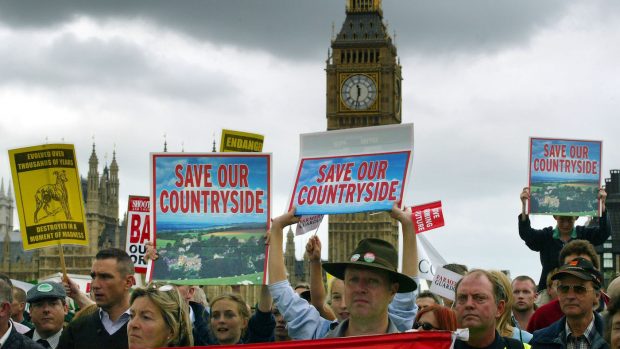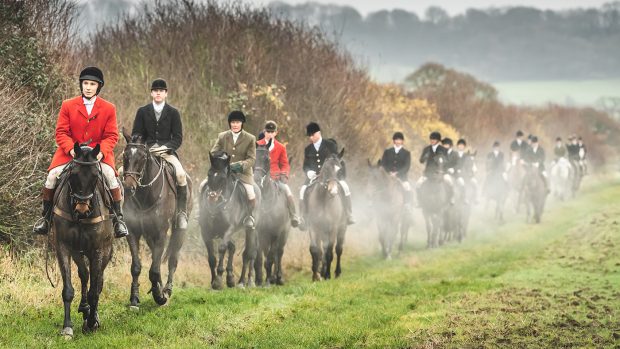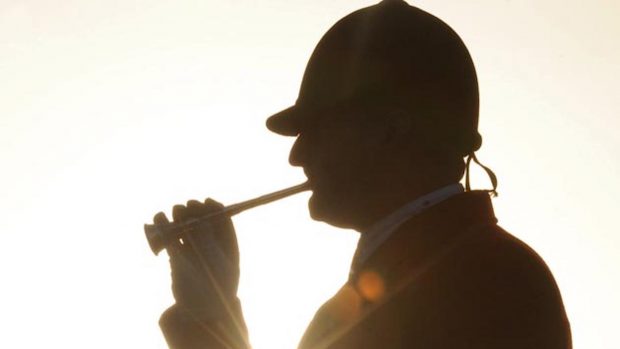The Hunting Bill reached committee stage in the House of Lords today and peers voted to return it to the form first put forward by Alun Michael in 2002, as they sought a compromise to save hunting.
The Rural Affairs Minister had originally proposed to regulate hunting through a licensing system, which would screen hunts based on cruelty and pest control. However, the Commons voted in preference for an outright ban. Peers, in turn, voted against a ban in October 2003 and the bill shuttled backwards and forwards between the houses until it ran out of Parliamentary time.
Earlier this year, the Commons voted once again in favour of a total ban and peers didn’t oppose it at the second reading stage with a view to amending it at the committee stage.
In the first of three consecutive days of debate in the Lords, peers have overwhelmingly approved the amendments tabled by the all-party Middle Way group, which turn the ban back into a licensing system.
“The Bill that we propose to give back to the Commons is only a dozen or so words different to the Government’s licensing Bill proposed by the DEFRA Minister last year. Indeed, Alun Michael described that particular bill as containing a golden thread of principle and evidence,” says Labour peer Lord Donoughue.
During the debate, DEFRA Minister Lord Whitty recommended peers to find a compromise which the Commons could accept. However, “he consistently failed to explain what that compromise could be,” according to the Middle Way group.
The group argue that a complete ban on hunting would be difficult to enforce and could perversely increase animal suffering. “The impact of a ban on the hunted species would be very deleterious indeed, ” says Liberal Democrat peer Lord Livsey. “Not all foxes will be shot well and some will die terrible deaths through gangrene. The licensing of hunts by a registrar in an objective way, with tests of suffering and utility, I firmly believe is the way ahead.”
Although anti-hunting MPs have threatened to use the Parliament Act next month to force the ban through despite the Lords’ opposition, peers are hopeful that a compromise can be reached.
“There is much in the licensing approach which will not sit comfortably with the pro-hunting lobby, including myself, but if this issue is to be resolved then compromises must be made,” says Conservative peer Lord Mancroft.
“We have to realise that this legislation is a criminal Bill,” he adds. “It will create a new criminal offence. And to create a new criminal offence through the implementation of a Bill which has not even had a committee stage at any time in the House of Commons is ridiculous.”
Meanwhile, a hunt saboteur was convicted last week after disrupting the Vale of Aylesbury with Garth and South Berks Hunt (VAGSB).
Found guilty of obstructing and disrupting a person carrying out a lawful activity, David Davis, a member of the Reading hunt saboteurs, was given a conditional 12-month discharge and fined costs of £350. Police arrested him after he whipped and sprayed the VAGSB hounds at Stratford Saye in November 2003.
“He was arrested because he was breaking the law and the day he was involved in this activity there were police officers at hand to witness the goings-on,” explains Alan Hill of the VAGSB.
“Our battle with the unlawful activity of hunt saboteurs is ongoing, but even a small result, which is thanks to the monitors and all those who help to uncover illegal sabbing activity, makes the hard work worthwhile,” he adds. “I am pleased of this conviction and hopefully this will deter [saboteurs].”



